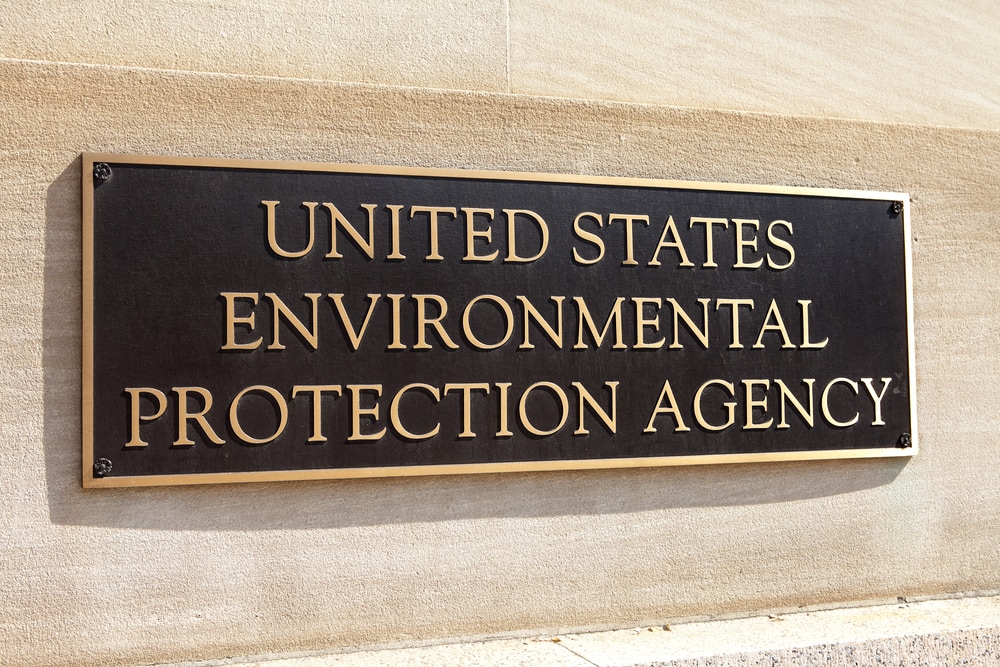Prohibition worked better than you think
Advocacy groups and think tanks have similarly cited Prohibition to argue against alcohol control. As Christopher Snowdon in 2012 wrote for the Adam Smith Institute, a neoliberal think tank:
Ever since prohibition was discredited in the 1920s, reformers have been attracted to sin taxes as a means of discouraging an activity without making it illegal. By allowing people to indulge their sin, albeit at a higher cost, campaigners hope to avoid the crime, disorder and ill health that comes from outright criminalisation. This is wishful thinking.
In other policy areas, the failure of Prohibition has been used as evidence against the war on drugs. The American Civil Liberties Union, for one, cited Prohibition’s failure in its case “against drug prohibition.” The ACLU argued that prohibitions of drugs “did not mean, however, an end to drug use” but “that, suddenly, people were arrested and jailed for doing what they had previously done without government interference,” and that prohibitions “meant the emergence of a black market, operated by criminals and marked by violence.”
It’s in this context that the effects of Prohibition deserve another look: If banning alcohol wasn’t as much of a failure as people generally think, perhaps the other, related policies aren’t as ineffective as some assume.








